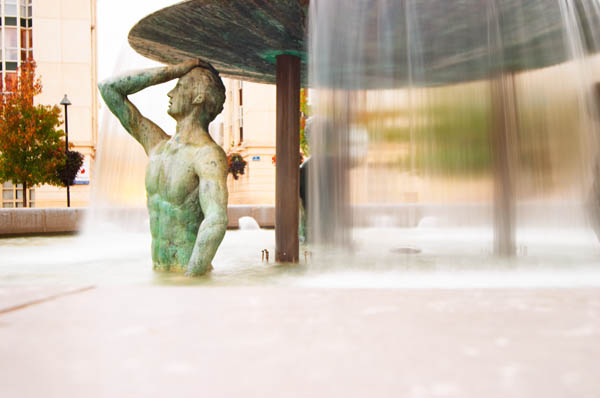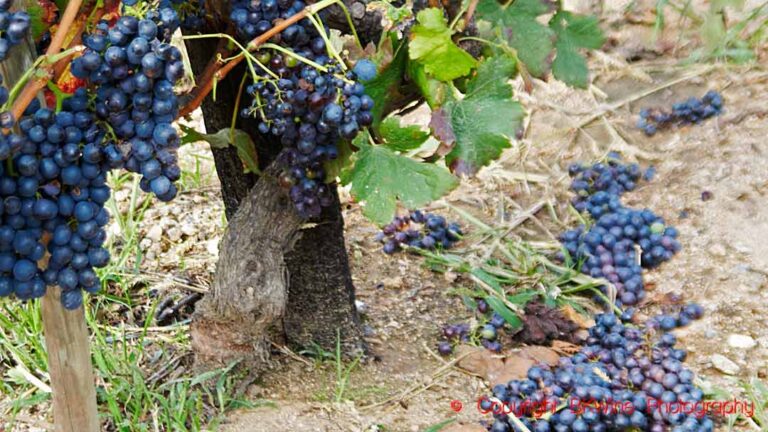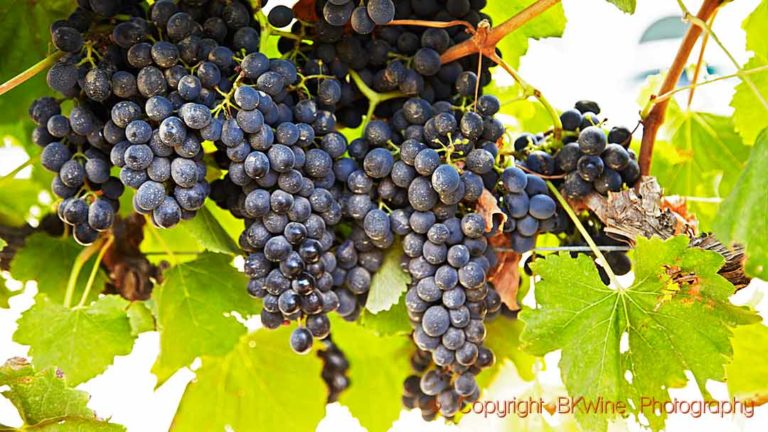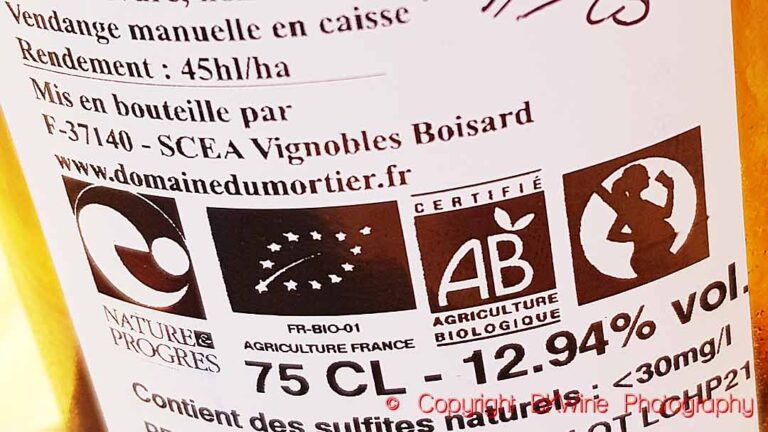Irrigation in the vineyards is no longer taboo in France, nor is it prohibited. (It is curious how often one still hear people saying that irrigation in France, or even in Europe, is not permitted. How wrong they are!) In Languedoc several projects are under-way which aims to expand the irrigated area.
The goal is to improve the competitiveness of the vineyards by ensuring better yield and constant quality. And if this target is met viticulture as a feature of the landscape is also secured. Which is nice so probably well worth some EU money, don’t you think? The water for irrigation in the Languedoc comes mainly from the Rhone River.
The restrictions today for irrigation in France concerns mainly how far into the growing season you are allowed to water. The irrigated vineyards in the Languedoc primarily produces IGP wine.
Read more: www.lavigne-mag.fr












6 Responses
You certainly know that irrigation is strictly forbidden for the AOC in France during the maturation process. Quite the same for the IGP.
By the way, Rhône river cannot water the Languedoc area, it’s too far ! Rhône valley for sure ! The exception will be les Costières de Nîmes..
I am sure that you know all of that, so why did you write this article with those mistakes ? Would you please give an answer ?
Here is the link to the IFV website :
https://www.vignevin-sudouest.com/publications/fiches-pratiques/irrigation-vigne.php
Hi Frederic,
It is true that there are still restrictions for AOP wines but for IGP wines it is allowed until August 15, that is quite late in the maturation process.
Thanks for your comment. But what mistakes?
You are correct that irrigation is not allowed too late in the season, which we also point out in the text.
Do take a look at the article we reference, where they identify 13 projects that have been approved. They also specify that the majority of the water will come from the Rhone. (“L’eau vient en priorité du réseau hydrologique régional, alimenté par le Rhône”) Presumably they will use pipe-lines.
Hi Per and Britt
Yep – the Côtes du Roussillon AOP prohibits irrigation, but there have been trials close to us in Latour de France to see if it could be allowed in to the AOP regulations.
It does seem silly that less than 60km away in the Empordà they can produce AOP wines with modern irrigation techniques but here in northern Catalunya we are forbidden. The Roussillon (NOT the Languedoc, lol) is famous for having extremely difficult grapegrowing conditions and hamstringing ourselves by banning irrigation is certainly not going to help us gain a foothold in the export markets.
Bring it in, I say!
Corin
Bonjour,
I read the different articles, it look serious even if the project to irrigate the Languedoc with
water taken from the Rhone seems to be “farfelu”.. at least.
Anyway, thanks for your answers ; I present my apologizes if I jumped the gun too much !
That’s just too big to be true ! We will see if those projects will happen..
I have a friend winemaker in the Alberes mountain (Roussillon) and yes, it’s hard to grow vines over there without irrigation. Lack of crop, a lot of hydric stress too for the plants.
I find very interesting those informations, will we see a change in the future about the AOC
spirit ? Perhaps IGP first ?
Well, you can perhaps say that there has already been a change.
From historically being a “no-no” irrigation has changed to being (almost) acceptable.
One of the main contributors to the change in attitude (and regulation) was probably the big heat wave and draught in 2003. Many vines suffered and many wines were not so good as they could have been, had irrigation been more permitted.
I think the main thing to keep in mind is that irrigation is not evil or bad in itself. It can contribute to making better wines.
But it can of course also contribute to making worse wines. If used in the wrong way.
Pretty much like any technology or technique.
PS: always interesting to have an exchange of ideas and views.